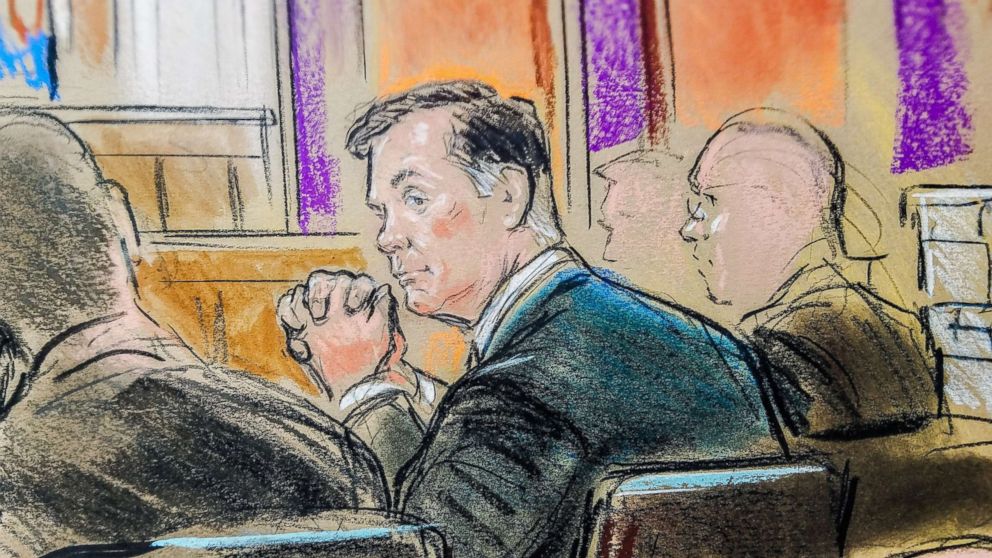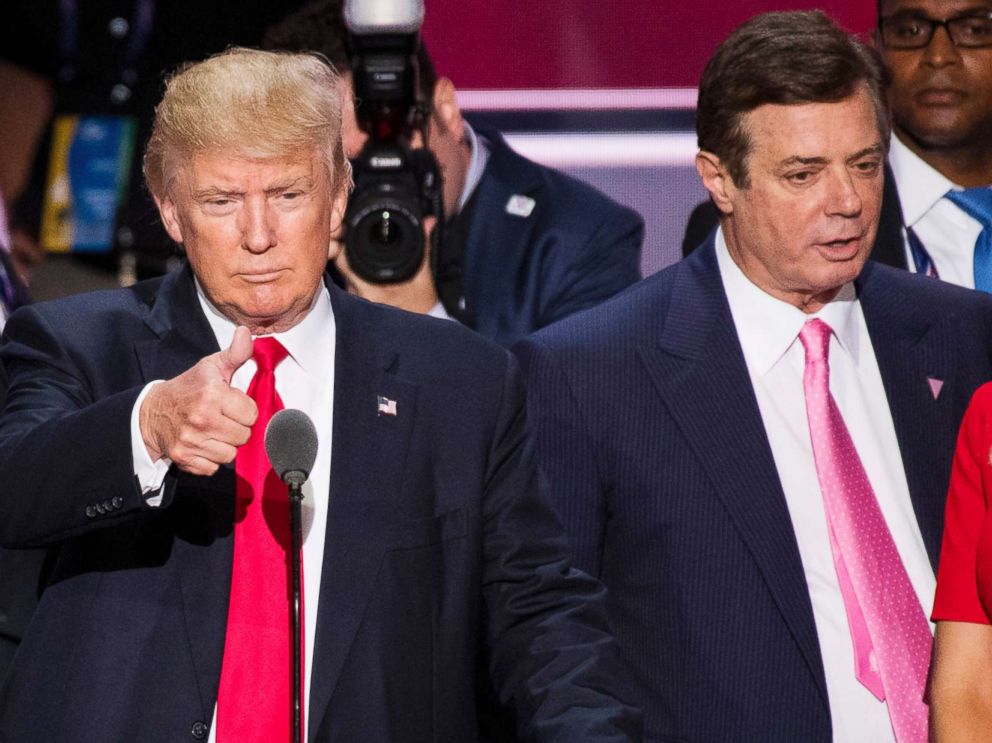Manafort jury pulled from region that voted heavily against Trump
Six men and six women were chosen from a pool of 65 Northern Virginians.
A federal judge approved a jury of six men and six women selected to hear Special Counsel Robert Mueller’s case against former Trump campaign chairman Paul Manafort, and the panel that will decide his fate was plucked from a part of Virginia that voted heavily against Trump.
On Tuesday, Judge T.S. Ellis, the federal judge overseeing Manafort’s case in Virginia, questioned 65 prospective jurors from Northern Virginia, including the city of Alexandria and Fairfax County, after informing the court he intended to settle on 12 jurors and four replacements for a trial that will start this week.
While the special counsel’s mandate is to investigate possible foreign interference in the 2016 elections, Mueller was given latitude to pursue other potential crimes that surface during the course of his investigation, so the case against Manafort is focused solely on allegations that the former Trump adviser had committed a range of financial crimes -- from tax evasion to bank fraud -- that have no direct tie to his campaign work.
Manafort has pleaded not guilty.

There is no way to know the political leanings of the jurors, who were just selected and have not been identified, but politics remains the backdrop for the case, which moves forward after several failed attempts by Manafort’s legal team to change venues.
Those efforts, two former federal prosecutors told ABC News, were likely part of a strategic move to escape the area’s perceived hostility to President Trump. Manafort’s lawyers sought to relocate from the courthouse in Alexandria to Roanoke, which is in a more conservative section of the state.
“I have no doubt that the defense was trying to find a more sympathetic jury pool in attempting to change venues to Roanoke,” said Mitch Epner, a former federal prosecutor who now practices at the law firm Rottenberg Lipman Rich.
In their motion to change venues, Manafort’s attorneys explicitly cited voting data from the 2016 election, calling attention to the fact that voters in Northern Virginia overwhelmingly supported Hillary Clinton.
“This split is more balanced in other places in Roanoke, Virginia,” Manafort’s attorneys wrote.
Only 32 percent of voters within the jurisdiction of the Alexandria court voted for Trump in 2016, while 62 percent of voters voted for Clinton. In contrast, 60 percent of voters within the Roanoke division in Virginia's Western District voted for Trump, while 35 percent voted for Clinton.

Judge Ellis denied Manafort’s attempt to move to Roanoke earlier this month but wrote that if the court fails to have “reasonable assurance that fair and impartial jurors can be impaneled [in Alexandria] the defendant’s motion to transfer venue will warrant reconsideration.”
While the judge voiced confidence in pulling off a trial that will be free from outside political influences, he quickly encountered another potential challenge in mounting a case in the Washington, D.C. suburbs. When Ellis asked if any of the potential jurors knew anyone at the Department of Justice, eight of them raised their hands at the time.
"Oh my goodness,” Ellis reacted. “I'm going to stop asking that question!”
In addition to the Virginia case against him, Manafort will face another trial in Washington, D.C. this fall as part of the special counsel’s probe into Russian meddling during the 2016 campaign. Manafort has pleaded not guilty to those charges as well.
ABC News' Lucien Bruggeman, Ali Dukakis, Katherine Faulders, and Allison Pecorin contributed reporting.




